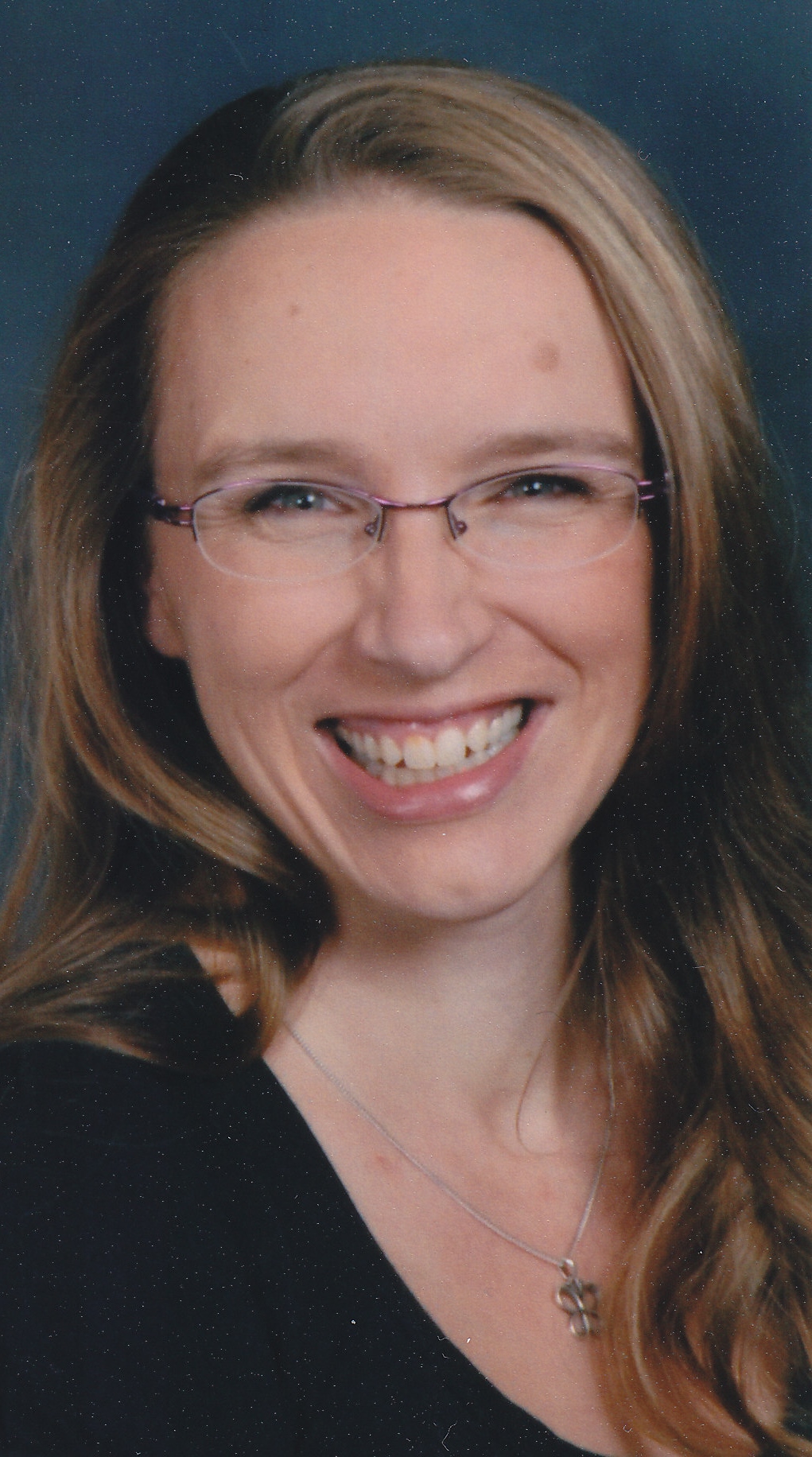
Luck is Toil, Not Chance: How I Became an English Professor by Earning a Master’s Degree

Professor Monica Fuglei
When I enrolled as a freshman at the University of Nebraska, Omaha, I intended to earn a secondary education certification in both English and history, but I decided fairly quickly that maybe Mr. Mercer was right — I was better suited to teach college. I changed my major to English and shortly after earning my Bachelor of Arts, I received a graduate teaching assistantship and the opportunity to be in front of a classroom while getting my master’s degree.
Earning a master’s degree in English introduced me to teaching
The education component of graduate school was largely the intellectual playground I always thought it would be. Here was work for which I had passion and excitement. For me, the graduate work I did was what education could and should be: challenging, fascinating, and engaging. It included a variety of classes on teaching, language, and literature, all of which pushed me to deepen and widen the thinking I had done as an undergraduate. However, classes were not my favorite part of graduate school: what I really loved was the teaching.
I’d had brief tastes of being in front of a classroom before when giving speeches or presentations, like when I stood sweaty-palmed in front of a group of students whose eyes wandered while I attempted to discuss Steinbeck’s writing structure in The Grapes of Wrath. My teaching assistantship was the first time I was up front alone, though, and the swift-tongued performance poet in me loved every minute of it.
Helping students find their voices while refining my own
During my teaching assistantship, I taught a Native American Studies-focused composition course which examined portrayals of Native Americans in modern culture. I worked with students on how to create and maintain their own voice in their more formal writing. Teaching was an opportunity to help students connect with content in ways that they had never considered before. It was also my first chance to take something that I loved and try to help others love and understand it, too.
By my second year in graduate school, I accepted a Presidential Fellowship that required me to step away from teaching and freed me up to focus on my own writing. I completed my master’s thesis, which was called “Stories from the Choir: An Exploration of Narrative Voice in N. Scott Momaday’s A House Made of Dawn,” which focused on the challenges of teaching Native American literature because of the mixed voices and writing techniques indigenous authors use.
MA in English completed, finished with teaching — or was I?
In 2001, I graduated with a master’s degree in English with specialties in American Literature and Native American Studies. I immediately began applying to PhD programs, but life changed and I relocated, set school and teaching aside, married, and had children. I knew I had the passion for teaching, but wasn’t sure I’d have a classroom again — until I moved eight blocks down the road from a community college.
I wandered into the mazelike community college on a Thursday in August of 2005, and it’s likely that it took me longer to find the office of my interviewer than to secure an adjunct instructor teaching position. While many full time tenure-track professorships require a doctorate in your subject area, adjunct teaching positions often only require a master’s degree. The school hired me as soon as they had a copy of my transcripts.
The art of making freshman comp students care about writing
Four short days later, I returned to campus to commandeer a class of twenty-three Freshman Composition students. My students work on a set of progressive essays that take them from personal, observational writing to formal argument construction. While the job has a variety of benefits and drawbacks, it was a good fit for me and has slowly grown from an extremely part-time position to a three-course teaching load.
For me, teaching is the ultimate performance. At 7 a.m. every Monday and Wednesday, I must engage a class full of sleepy students with content they might care very little about. Teaching people how to write well in an accessible and interesting way is a huge challenge.
When we talked about capturing your reader with a good title and opening line, I told them about some difficulties I was having opening my own pieces. Sometimes we will work together on a paragraph of my text so that they can see the importance of revision in good writing. Though cliché, it’s true that I’ve learned as much or more from my students as they have learned from me.
What makes teaching worthwhile
A PhD program may still be in my future. Although I have many other priorities, if I go back to school, it would be to earn a doctorate in Rhetoric and Composition — inspired by my love of teaching.
A career as an adjunct professor is not without its frustrations and I often joke with my husband about taking up a different job. However, every time I consider more pay for less work, I think of the intangibles that come with teaching and how amazing it is to watch a class struggle until they all reach that single moment of clarity — a moment this seasoned veteran of language and writing is still unable to put into words. That moment makes the job worthwhile.
Monica Fuglei is a graduate of the University of Nebraska in Omaha and a current adjunct faculty member of Arapahoe Community College in Colorado, where she teaches composition and creative writing.
Categorized as: Tips for Teachers and Classroom Resources
